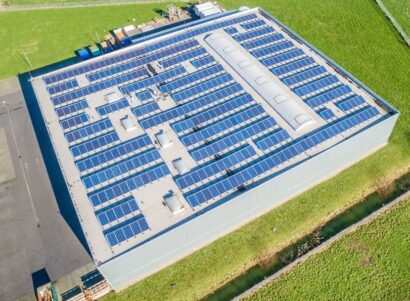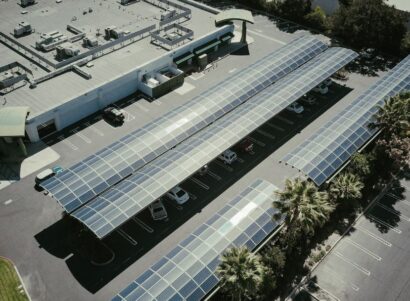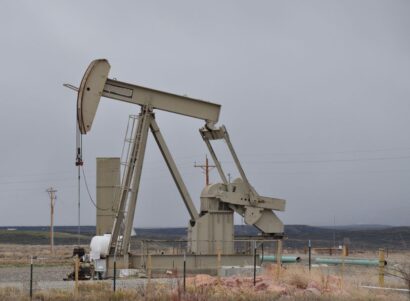Background
Big Cypress National Preserve conserves over 729,000 acres of freshwater swamp in south Florida. The diverse ecosystem within the preserve includes cypress wetlands, panther habitat, and mangroves. Oil drilling has been permitted within the preserve since at least the 1970’s and has resulted in known leaks and spills during this time.
In 2017, Burnett Oil Company submitted an application to the National Park Service (NPS) for new proposed operations in two locations within the preserve: Nobles Grade and Tamiami Prospects. The introduction of new oil drilling, production, and wastewater disposal locations within the preserve raised concerns about the potential for future, additional soil, surface water, and groundwater contamination.
PSE Healthy Energy was asked by the Natural Resources Defense Council and the Environmental Integrity Project to evaluate the potential impacts of the proposed operations on water resources. The impact evaluation examines current Florida regulations on oil and gas resources, NPS regulations on oil and gas activities, and federal underground injection control (UIC) regulations (downloaded on November 16, 2021). Additionally, PSE Healthy Energy researchers extracted information from relevant literature to support several recommendations.
Methods
The impact evaluation examines current Florida regulations on oil and gas resources, NPS regulations on oil and gas activities, and federal underground injection control (UIC) regulations (downloaded on November 16, 2021). Additionally, PSE Healthy Energy researchers extracted information from relevant literature to support several recommendations.
Recommendations
- Oil and gas operations are prohibited within 500 feet of wetlands (36 C.F.R. § 9.111) and both the Nobles Grade and Tamiami Prospects are proposed to be located within wetlands. Therefore, Burnett Oil should not be permitted to conduct new oil development operations at either of the prospect sites.
- In the event the National Park Service issues an operations permit, baseline soil, groundwater, and surface water samples should be required. Baseline samples will provide background soil and water composition to identify future spills and leaks from Burnett Oil’s proposed new oil development operations.
- Spills and leaks will likely occur at both of Burnett Oil’s proposed new oil prospects based on the history of spills and leaks at existing oil production facilities at Raccoon Point and Bear Island in Big Cypress National Preserve. These spills and leaks adversely impact water resources and fragile ecosystems.

 Technical Report
Technical Report






